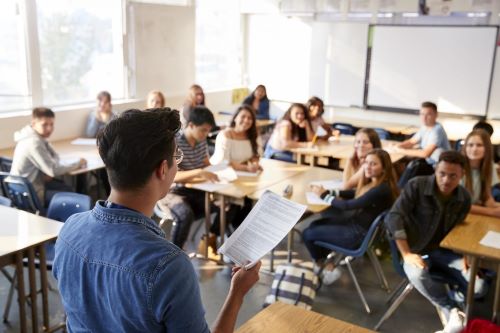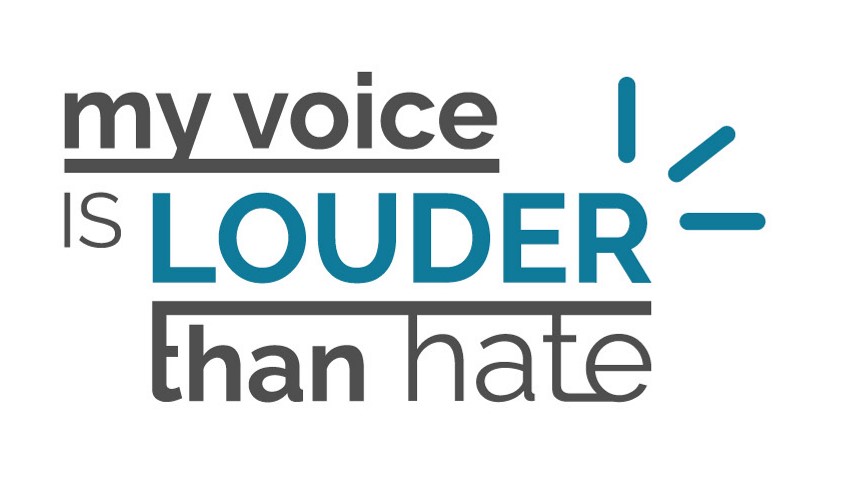
Science
“A scientifically and technologically literate person is one who can read and understand common media reports about science and technology, critically evaluate the information presented, and confidently engage in discussions and decision-making activities that involve science and technology.” Science Co-ordinators’ and Consultants’ Association of Ontario (SCCAO) and Science Teachers’ Association of Ontario (STAO/APSO), Position Paper: The Nature of Science (2006)


 My Voice is Louder Than Hate is a multimedia lesson resource designed to empower students in Grades 9 to 12 to push back against hate and prejudice in their online communities.
My Voice is Louder Than Hate is a multimedia lesson resource designed to empower students in Grades 9 to 12 to push back against hate and prejudice in their online communities.